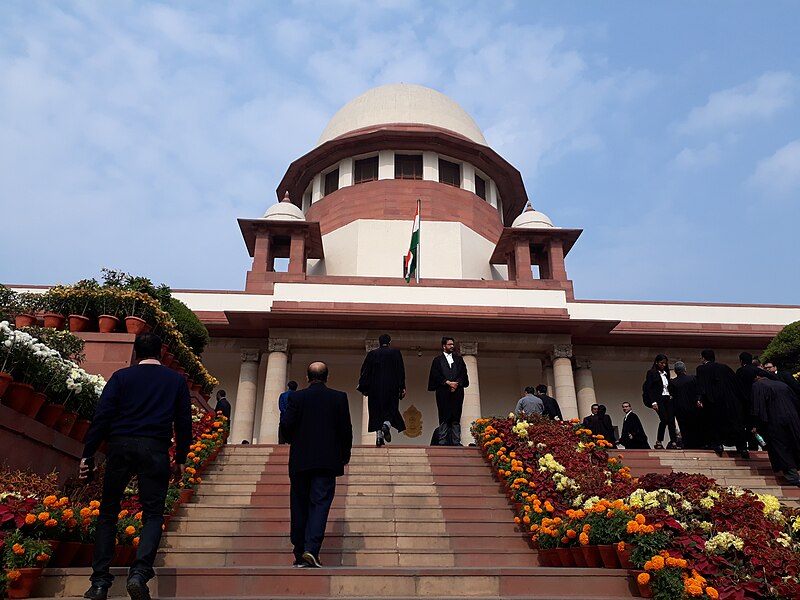The Supreme Court of India, on Wednesday, directed the Assam Human Rights Commission to conduct an independent probe into the allegation of fake encounter killings in the state. A top court bench, comprising Justice Surya Kant and N. Kotiswar Singh, was hearing a petition filed by Adv. Arif Yeasin Jwadder, observing that it is a serious offence. The petition had cited 171 such cases, and the petitioner conveyed that this number has now increased to 250.
“The allegation that some of these incidents may involve fake encounters is indeed serious and, if proven, would amount to a grave violation of right to life under Article 21 of the Constitution. It is also equally possible that upon a fair, impartial and independent investigation, some of these cases might may turn out to be necessary and legally justified,” the court observed.
Petitioner Adv Arif Yeasin Jwadder welcomes the order, calling it a legal milestone.
“This case is about mothers still waiting, children still asking, and a society that must never grow numb to bloodshed, without proof, without remorse,” Jwadder told The Observer Post.
The petition states that “The State of Assam has failed to indicate the present status of investigation in all the 171 cases leading to death or grievous injury.” It also states that the FIR(s) on the encounters are registered against the victims, the persons killed or injured, and not against the concerned police officials.
“The table tendered before this Court on 25.02.2025 indicates that a charge sheet has been filed in 5 out of the 41 cases leading to death. However, the charge sheets have not been placed on record, and it is feared that they may be against the victims, not the concerned police personnel,” Prashant Bhushan and Ria Yadav, fighting the case at the Supreme Court, quoted in the petition.
The petition seeks to register FIR(s) on the offence of murder against the respective police officials, also to enable the 16 guidelines, wherein the court held that any encounter killing must be investigated fairly and independently, and cannot be treated as justified merely on the claim of self-defence by the police.
The petition was filed in appeal against the judgment passed in 2023, on the PIL of the People’s Union of Civil Liberties (PUCL), which dismissed the plea, citing that the PIL “was premature and the documents placed on record only made out vague assertions”.
The PIL (People’s Union for Civil Liberties & Anr. v. State of Maharashtra & Orson,) had sought the records of all alleged fake encounters in the state of Assam, registration of FIR against all the police officials involved and an independent investigation against such officials in compliance with the guidelines laid down by the Court. The litigation stated that as many as 80 fake encounters took place in Assam, between May 2021 and December 2021, in which the police have alleged escape attempts as the reason, prompting them to open fire, resulting in death.
The High Court hearing the plea had strictly sought “proper foundational facts to be brought to the notice of the court” to consider the PIL, but directed that all legally permissible documents related to the case should be provided. However, the writ petition, filed against the High Court Judgement, notes that the appellant of the PIL had only received 41 FIRs from 12 districts out of the 30 districts in the state.
The Writ petition, filed, states that the petition is a perusal of the 41 FIRs supplied to the Appellant. “12 of which were also placed on record before the High Court, clearly indicates a somewhat similar modus operandi adopted by the police officials who have justified the killings and injury caused to people on the pretext that they were trying to flee. This raises the apprehension that the police officials have undertaken these encounters in a premeditated manner, rather than in self-defence as they claim,” the petition points out.
Hearing the matter, the Supreme Court deemed it appropriate to entrust the enquiry of the matter to the State Human Rights Commission. The court also added that the SHRC can engage the services of retired police officials with an unblemished record and no connection to the police personnel in the alleged cases.



























































